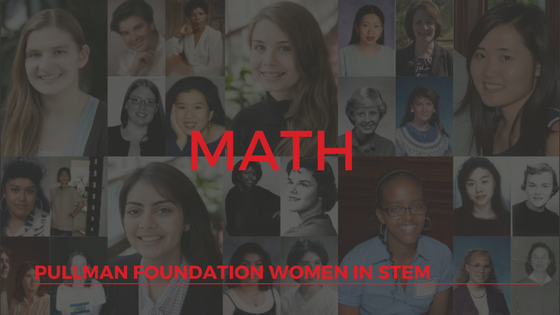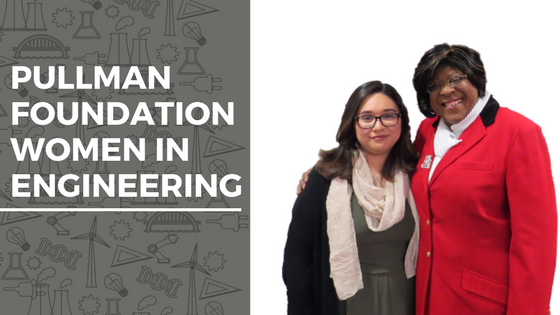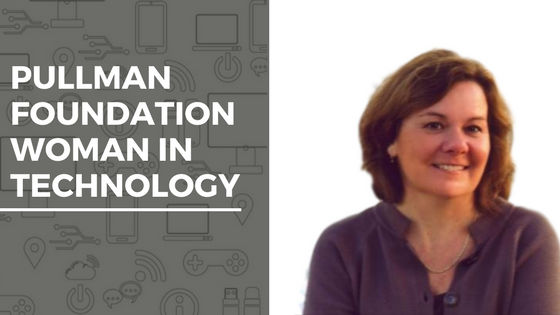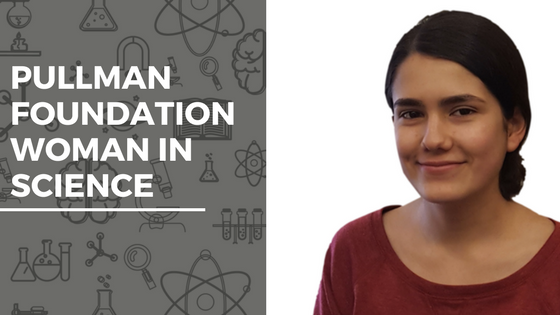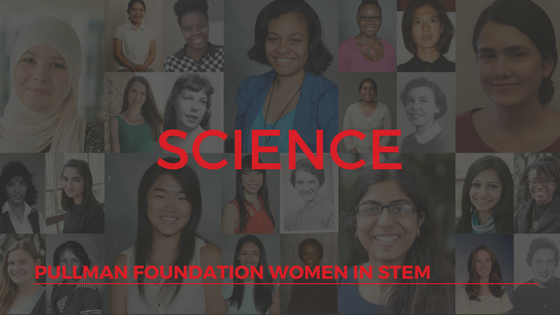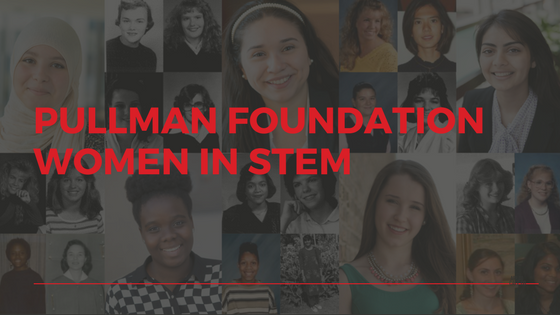Math, the last part of STEM, and the base to a lot of the aforementioned fields is another field with a shortage of women. If you think about it, all of the other fields use Math in some way, so there are more female mathematicians out there, but not necessarily with that title. The Pullman Foundation […]
Pullman Foundation Women in Math
